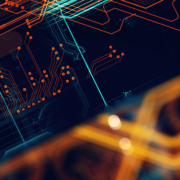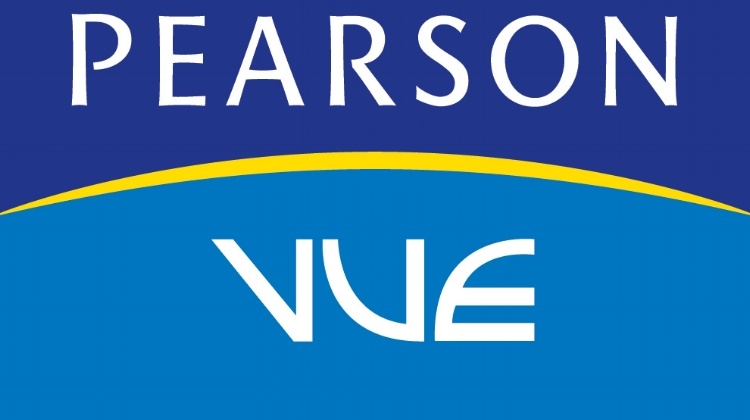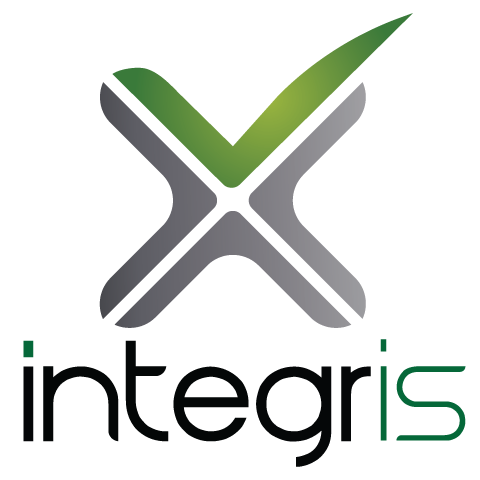About
The Diploma In Computing (MQF Level 5) is provided in conjunction with NCC Education and is the first year of a three-year degree journey with the University of Wolverhampton. The programme exposes students to both academic and vocational subjects and includes topics related to web design, programming, hardware and networking.
This qualification is ideal for students who have obtained the secondary education certificate or matriculation certificate. It is also suitable for mature students who are currently employed and wish to change their career or enhance their ICT skills. In the case of mature students, work experience and qualifications other than O’ and A’ levels are taken into consideration.
The Diploma is offered on both a full-time and part-time basis. Students are given access to study and reading material. Assessments are provided and corrected by NCC Education and consist of a number of examinations and assignments.
The STC Education three-year Computing framework of study includes:
First year: NCC Diploma in Computing (MQF Level 5)
Second year: University of Wolverhampton (MQF Level 5)
BSc (Hons) Cybersecurity or
BSc (Hons) Computer Science or
BSc (Hons) Computer Science (Games Development)
Third year: University of Wolverhampton (MQF Level 6)
BSc (Hons) Cybersecurity or
BSc (Hons) Computer Science or
BSc (Hons) Computer Science (Games Development)
Students who successfully complete the first year of the degree qualification usually gain direct entry to the 2nd year of a BSc(Hons) degree in Computing with the University of Wolverhampton.















